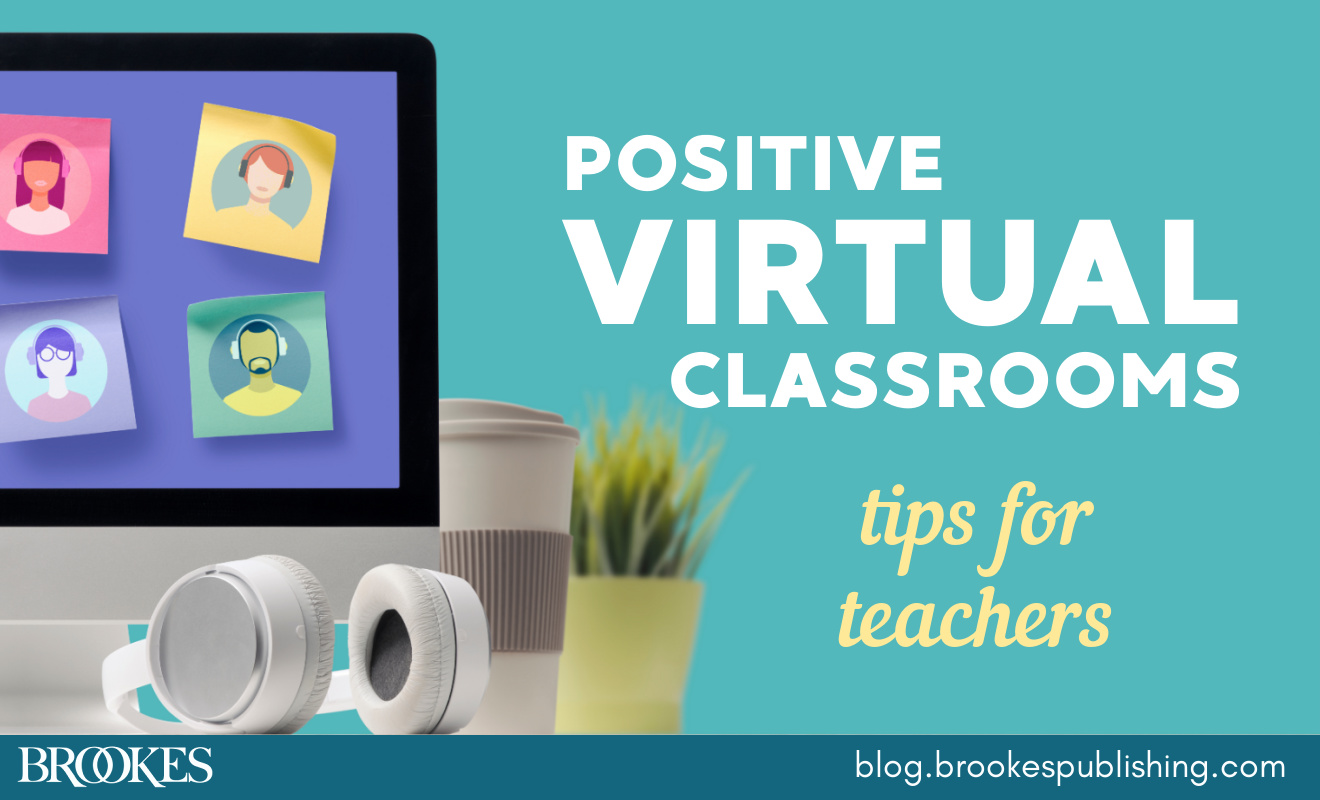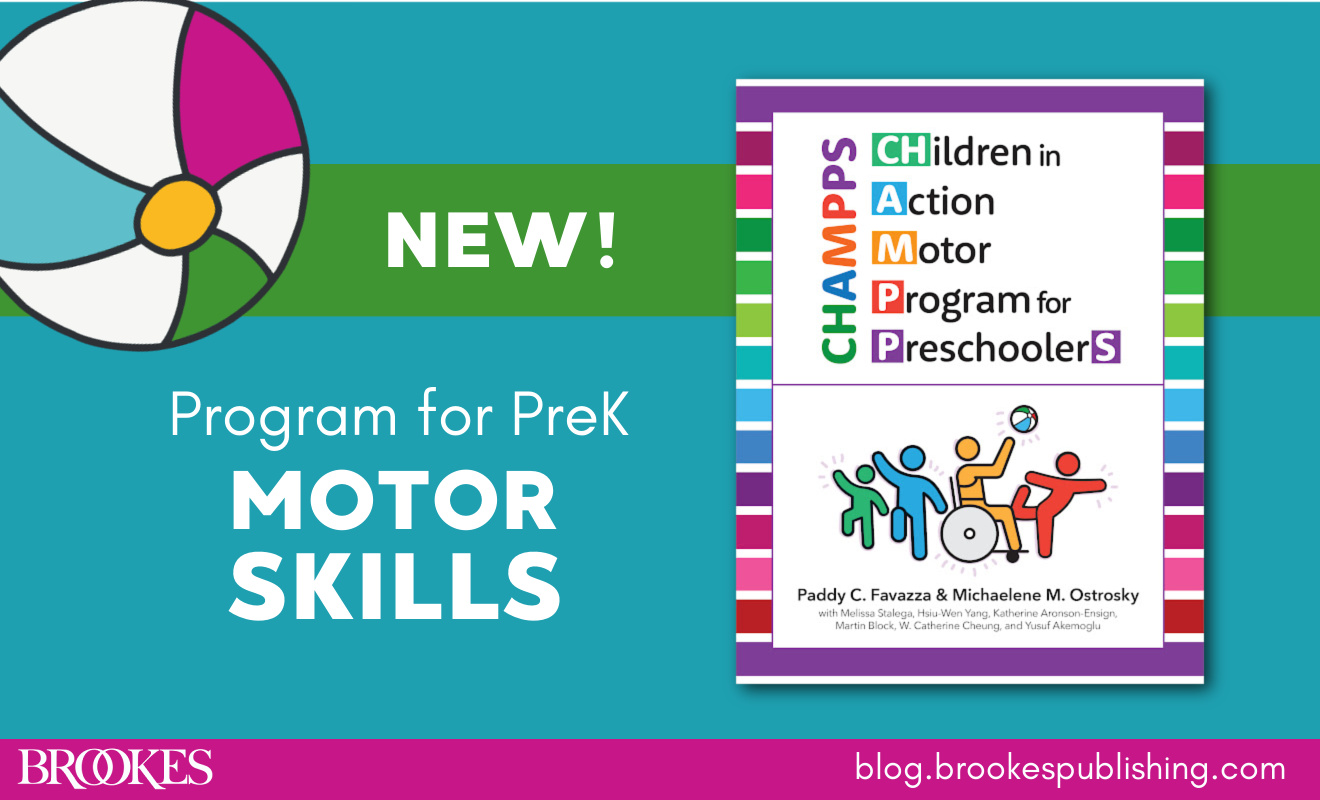Picture books are an excellent tool for teaching and reinforcing the social-emotional skills young children need for social and academic success. Today’s… Read More
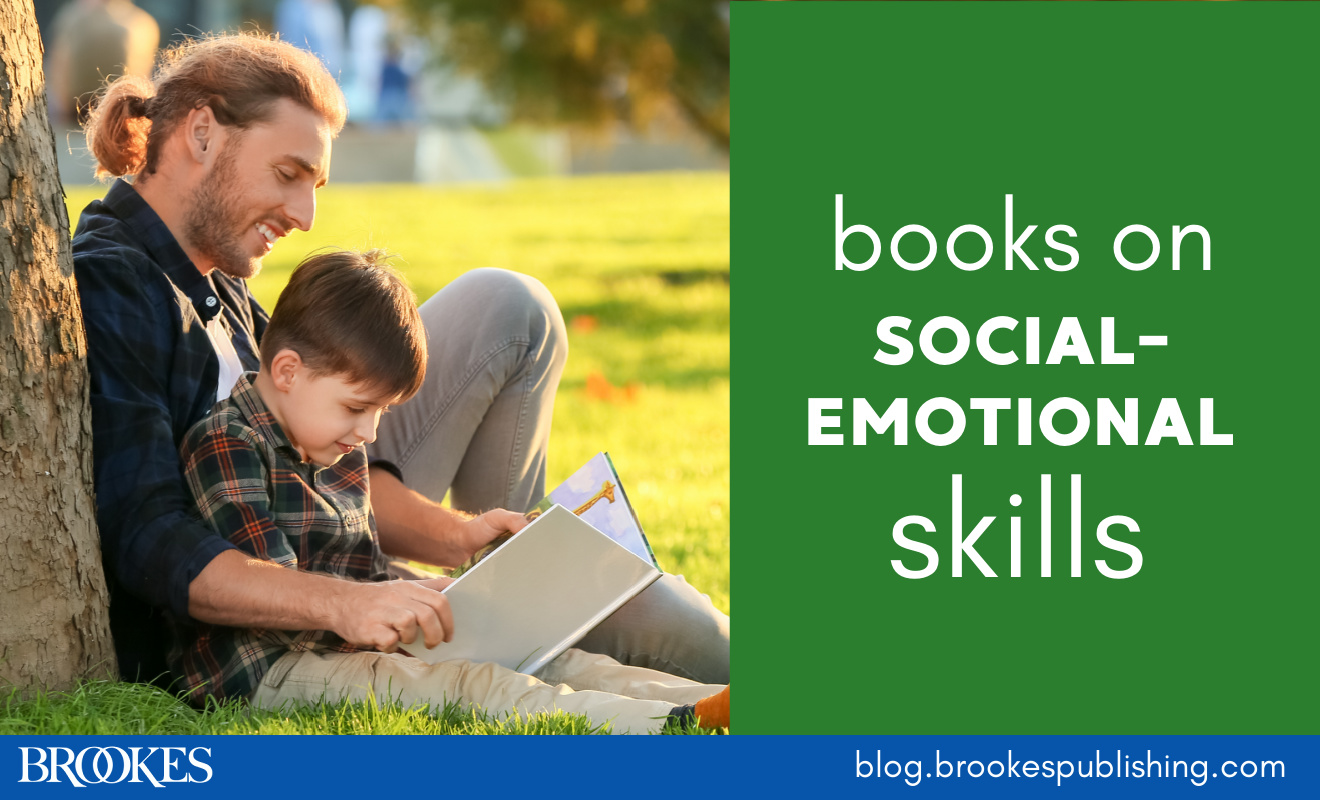
When a student is inattentive, dysregulated, and regularly engaged in off-task behaviors, what can you do to support their success? The guiding… Read More
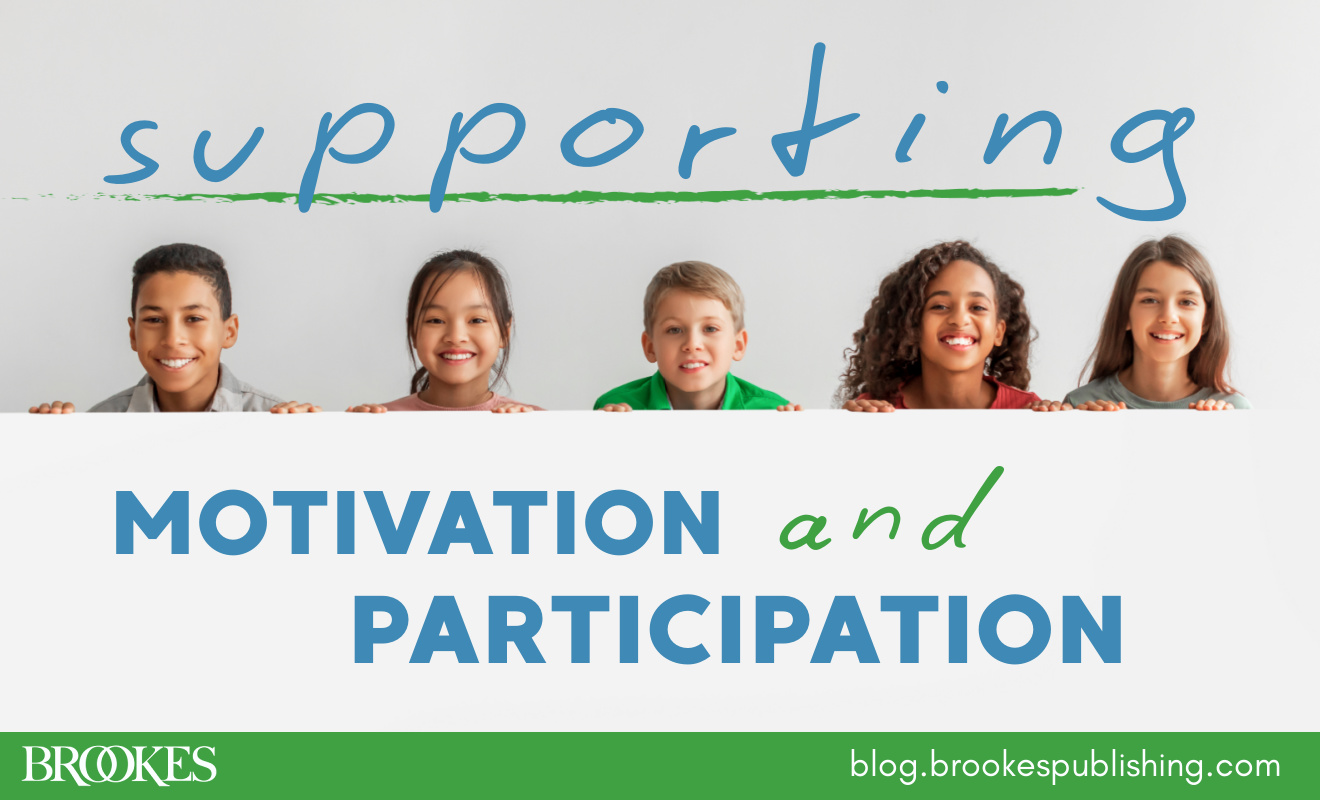
Early intervention is not an easy job. Busy schedules and documentation duties, conflict with team members, worries about how to provide the best support to… Read More

Every school needs a carefully crafted plan for supporting students who are learning more than one language. In today’s blog post, you’ll… Read More
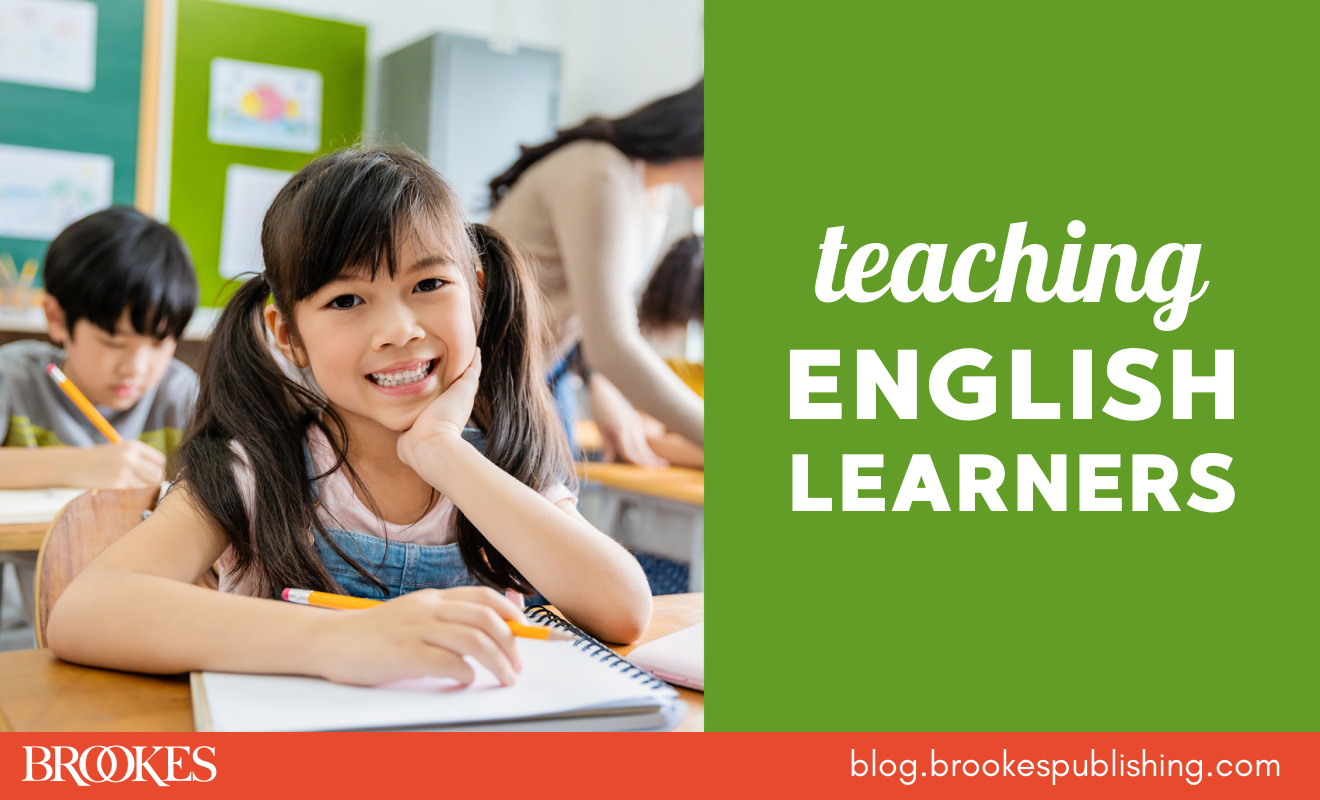
Families are the true experts on their young children, and that’s why their participation in early childhood assessment is so important. Your… Read More
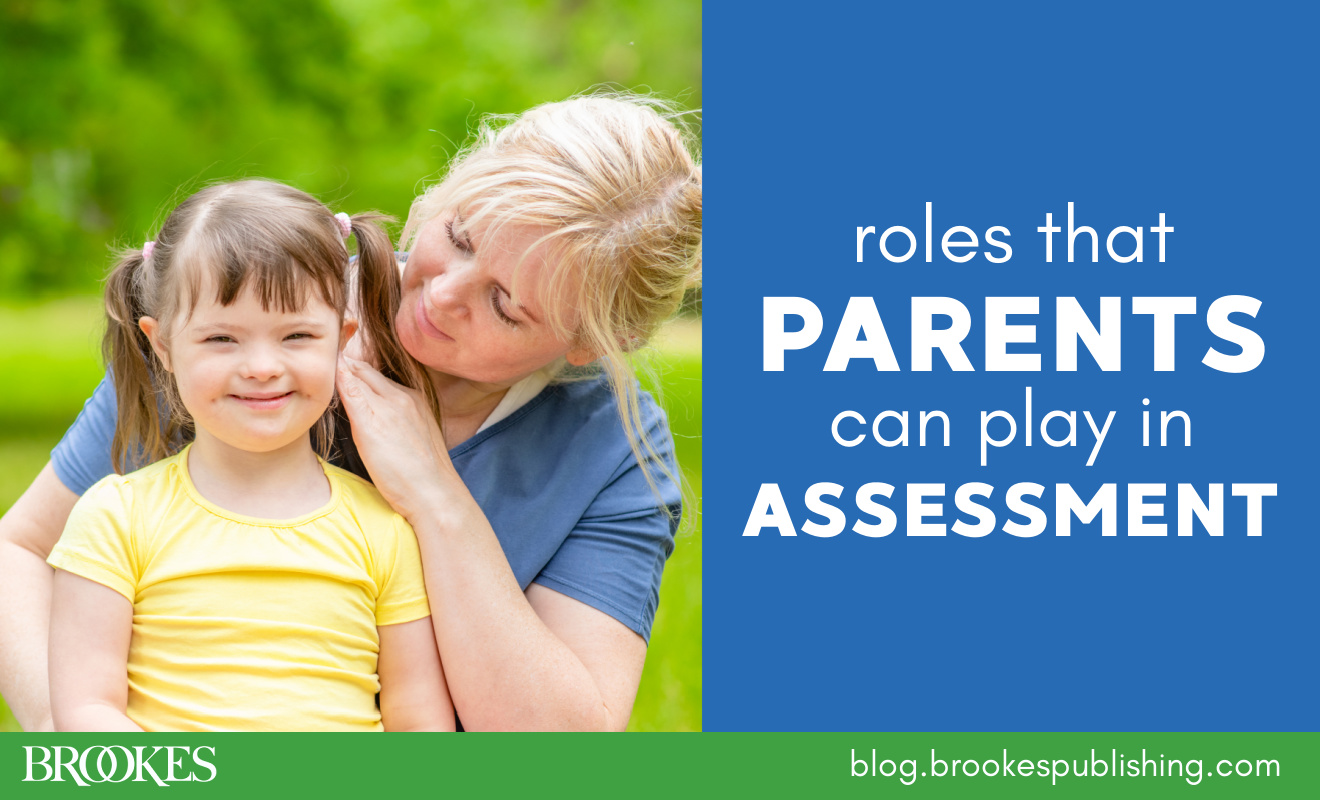
If your job involves supporting a smooth transition to adulthood for students with disabilities, you may find yourself facing potential roadblocks as you explore employment… Read More
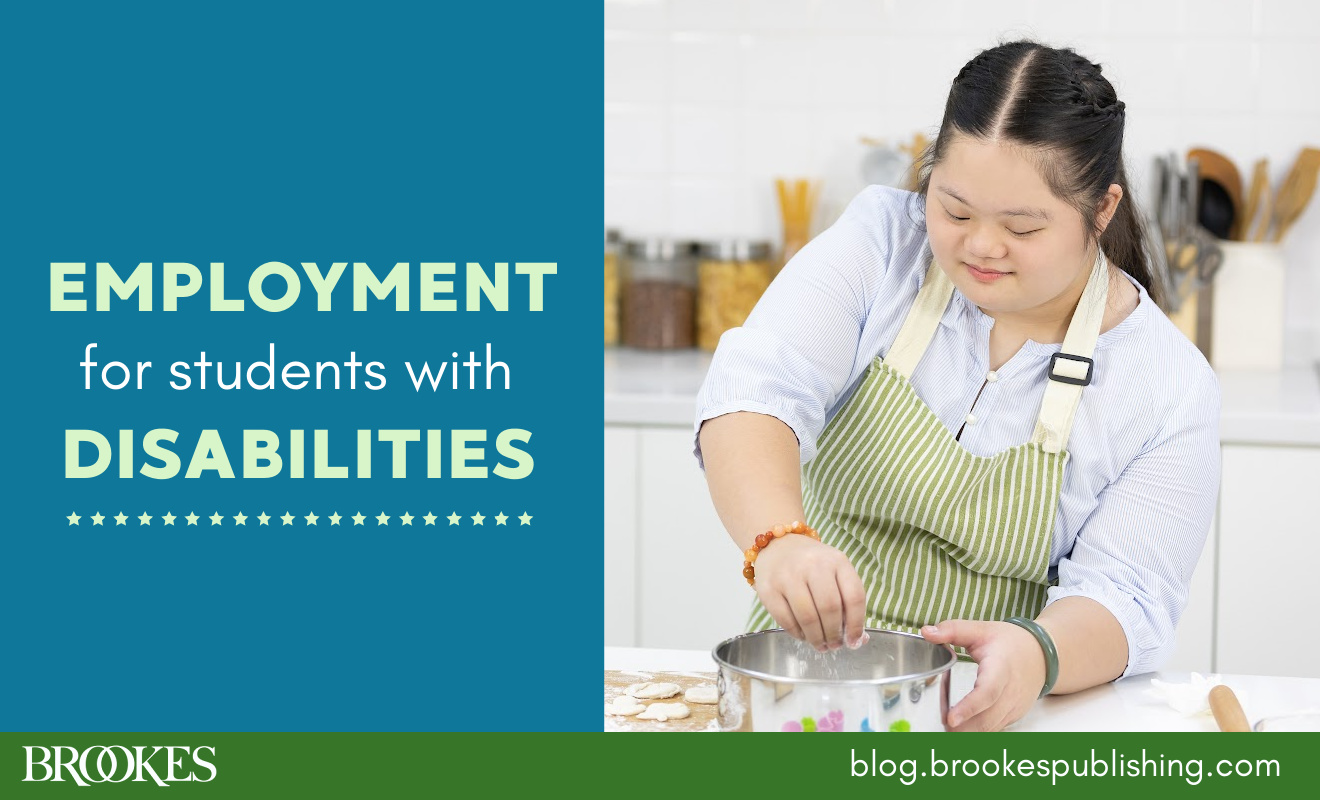
What’s the best way to engage multilingual learners and promote their language development? Using interventions that make the most of their home… Read More
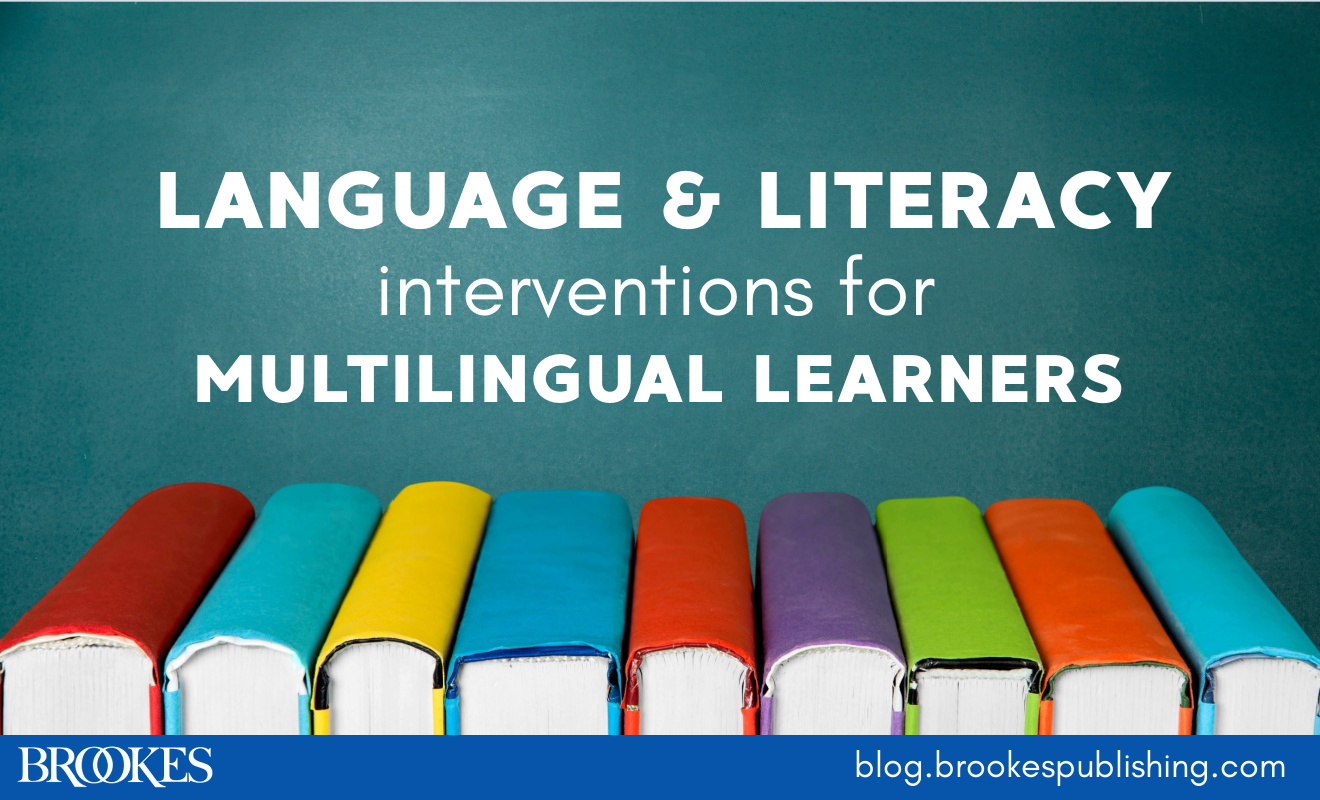
As you navigate the challenges of meeting the needs of diverse learners in an inclusive classroom, here’s a great story to keep with you for… Read More
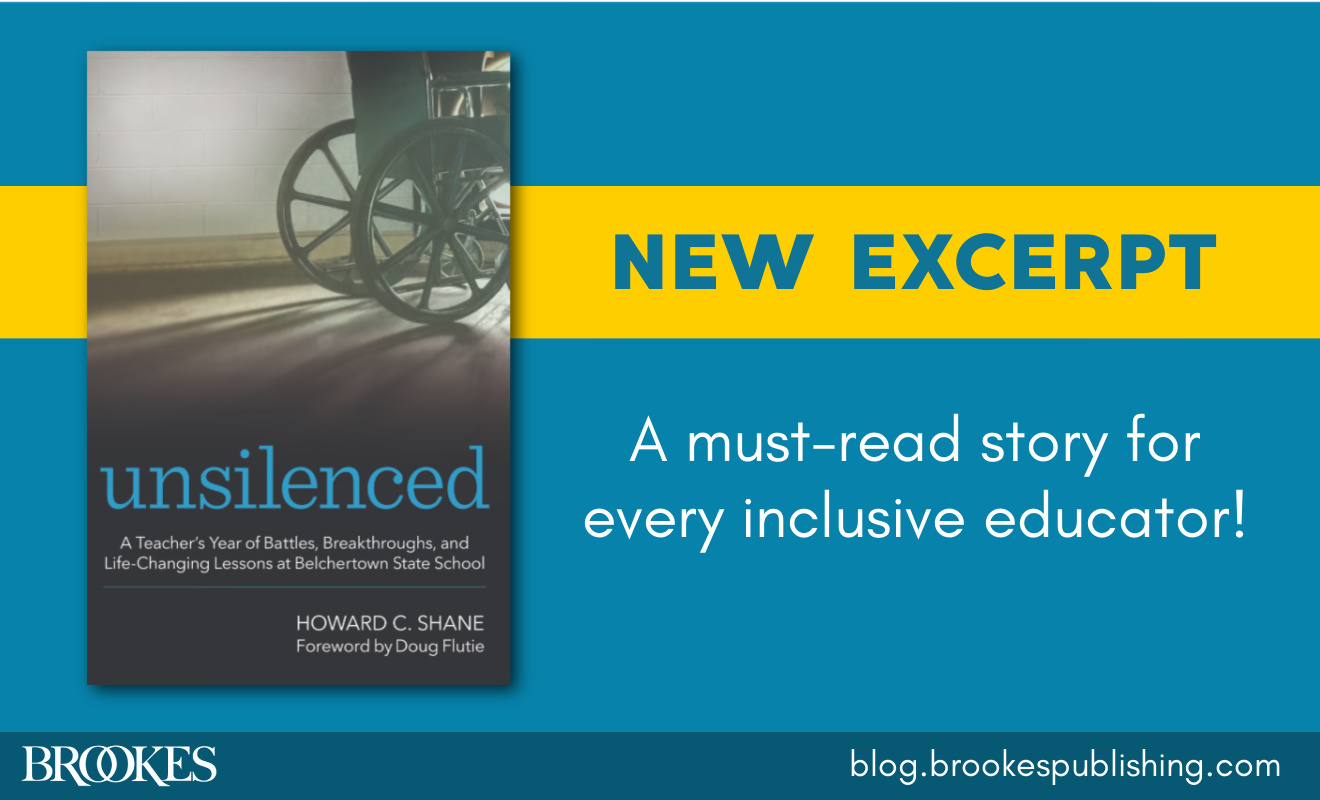
Online learning was a widespread necessity during the pandemic—but even though restrictions and closures have eased, distance education services will continue to be an effective… Read More
